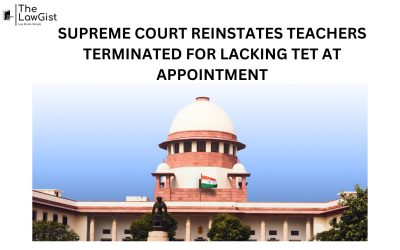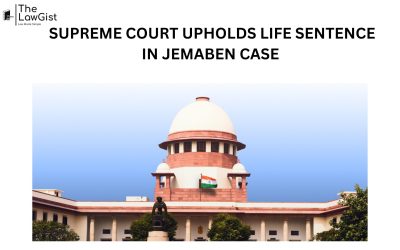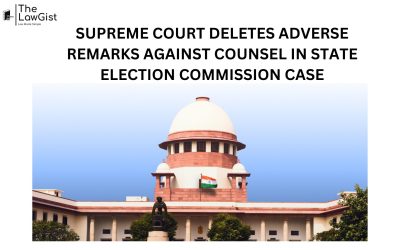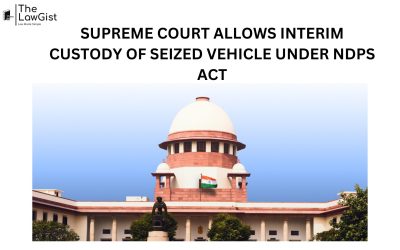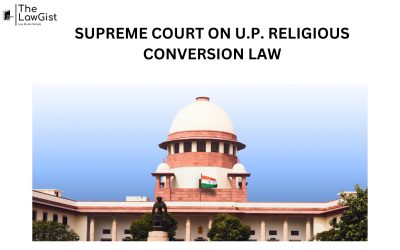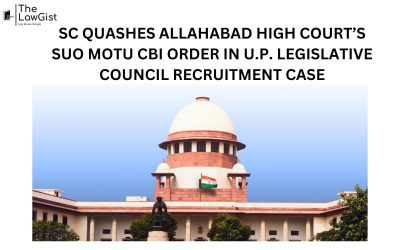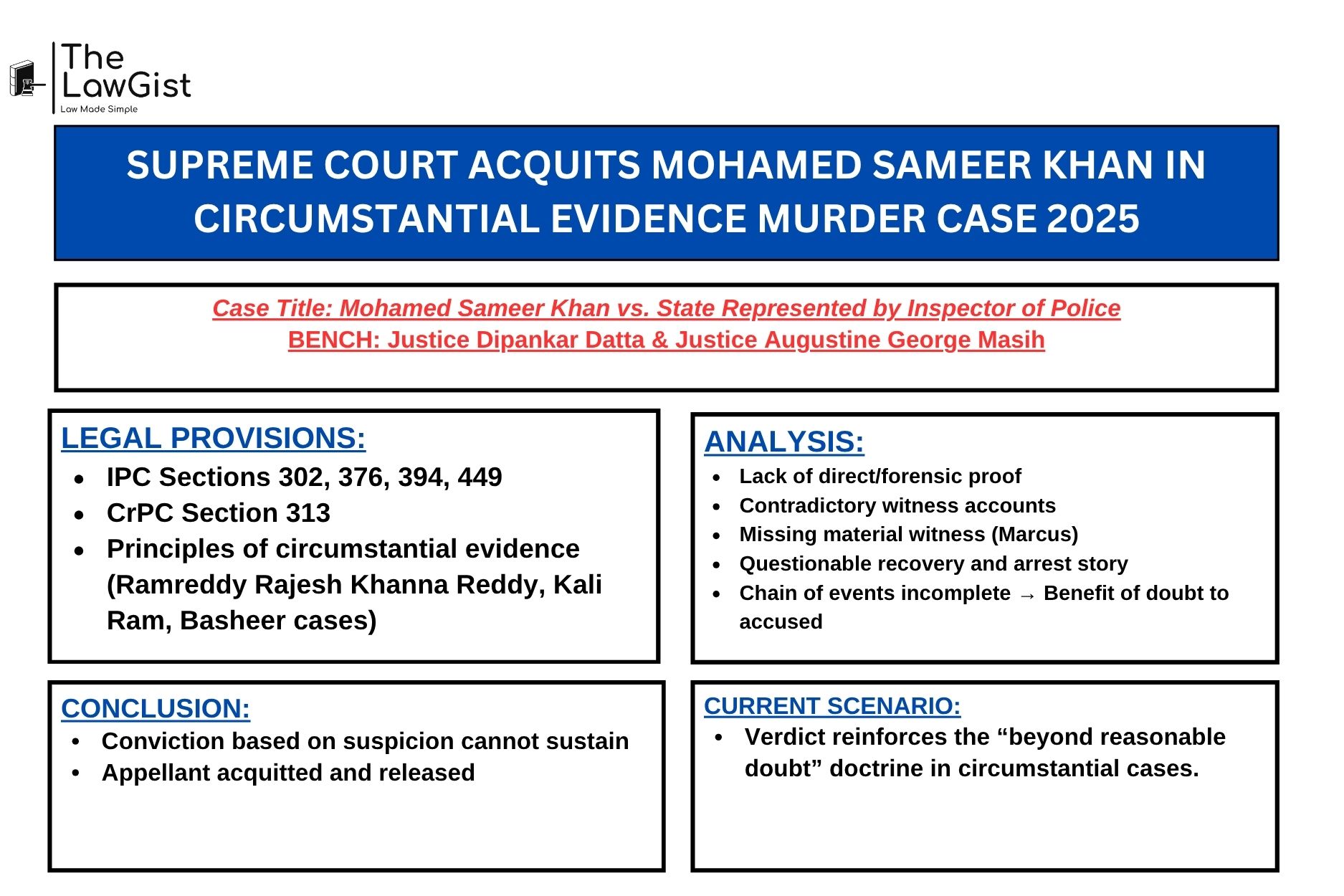
Supreme Court bench of Justices Dipankar Datta and Augustine George Masih delivering the 2025 acquittal judgment in Mohamed Sameer Khan v. State.
SUPREME COURT ACQUITS MOHAMED SAMEER KHAN IN CIRCUMSTANTIAL EVIDENCE MURDER CASE 2025
CASE SUMMARY – In Mohamed Sameer Khan vs. State Represented by Inspector of Police (2025 INSC 1269), the Supreme Court quashed the conviction of the appellant, previously sentenced for rape and murder based solely on circumstantial evidence. The Court found multiple investigative flaws—non-examination of key witnesses, lack of forensic proof, and an implausible recovery narrative. It reaffirmed that suspicion, however strong, cannot substitute for proof and that the prosecution failed to establish an unbroken chain of events connecting the accused to the crime. Granting benefit of doubt, the Court acquitted the appellant and ordered his immediate release.
| ASPECTS | DETAILS |
| Case Title | Mohamed Sameer Khan vs. State Represented by Inspector of Police – Criminal Appeal No. 2069 of 2024 |
| Introduction | Appeal against conviction under Sections 302, 376, 394, and 449 IPC, upheld by the Madras High Court. The Supreme Court examined whether circumstantial evidence was sufficient to sustain conviction. |
| Factual Background | An 85-year-old woman was found dead and robbed. The appellant was accused based on circumstantial evidence and alleged recovery of gold bangles. No direct or forensic evidence linked him to the crime. |
| Legal Issues | Whether the conviction based solely on circumstantial evidence without complete linkage was sustainable under law. |
| Applicable Law |
|
| Analysis | The Court found key lapses: non-examination of crucial witness Marcus, doubtful recovery of bangles, absence of forensic evidence, and questionable arrest narrative. The chain of circumstances was incomplete, creating reasonable doubt. |
| Conclusion | The Supreme Court held that suspicion cannot replace proof, acquitted the appellant, and ordered his release. |
| Current Scenario | As of October 2025, the conviction stands overturned; the judgment reinforces judicial caution in cases based solely on circumstantial evidence. |
“Suspicion, however grave, cannot be a substitute for proof.”
SOURCE – SUPREME COURT OF INDIA
READ ALSO –
Discover insighs on Latin Maxims and Legal Glossary and simplify complex legal terms in seconds.The LawGist ensures exam success with quality Blogs and Articles on — Top Legal Picks (TLP), Current Affairs, latest Supreme Court judgments as Courtroom Chronicles. Backed by trusted resources and videos, The LawGist is every Professionals and Aspirant’s first choice. Discover more at thelawgist.org


